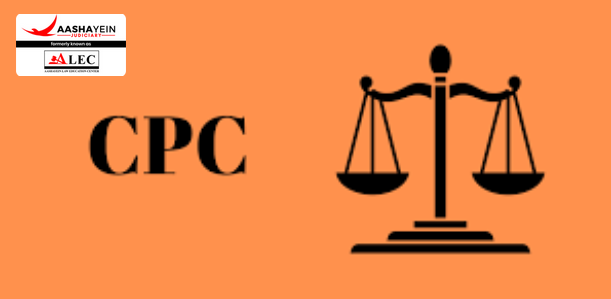Bench comprising of Justices JB Pardiwala and R Mahadevan
Introduction:
The Supreme Court, in this judgment, clarified an important aspect of Order VII Rule 11 of the Civil Procedure Code (CPC) regarding the rejection of a plaint that seeks multiple reliefs. The Court emphasized that a plaint cannot be rejected solely because one of the reliefs sought is barred by law, as long as the remaining reliefs are valid and within the jurisdiction of the court.
Facts:
The case involved a suit filed by the plaintiff, Smt. Prabha Jain, before the Civil Court, seeking three reliefs. The plaintiff's suit concerned a property that had been used as collateral for a loan sanctioned by the Central Bank of India. The three reliefs were as follows:
- Ownership and title over the property.
- A declaration of the plaintiff’s rights concerning the property.
- Restoration of possession under Section 17 of the SARFAESI Act, which is barred by law as such an application must be filed before the Debt Recovery Tribunal (DRT), not the Civil Court.
The Civil Court dismissed the plaint, holding that the third relief, related to possession, was barred by law under the SARFAESI Act, and thus the entire plaint should be rejected under Order VII Rule 11(d) of the CPC.
Issues:
- Whether the entire plaint can be rejected under Order VII Rule 11 of the CPC when some of the reliefs sought are barred by law?
- Whether the Civil Court can proceed with valid reliefs if others are barred by law?
- Whether the Civil Court is allowed to make adverse observations on the barred relief under the provisions of Order VII Rule 11 CPC?
You can also read the Blog by visiting [Blog]
For more information, visit [Aashayein Enquiry Section]
Contentions of Petitioners:
The petitioners argued that the plaint should be rejected in its entirety because one of the reliefs (the restoration of possession) is barred by law under Section 17 of the SARFAESI Act, which mandates that such a claim be filed before the Debt Recovery Tribunal (DRT) and not the Civil Court. The petitioners contended that allowing the plaint to proceed with some reliefs would be contrary to the statutory provisions, and a partial rejection of the plaint is not permissible under the CPC.
Contentions of Respondent:
The respondent argued that the plaint should not be rejected in its entirety, as the other two reliefs (ownership and title over the property) are within the jurisdiction of the Civil Court and are not barred by law.
The respondent contended that the Civil Court should adjudicate the valid reliefs, and the issue of the barred relief (restoration of possession) can be left undecided in the Order VII Rule 11 application. The respondent further stated that rejecting the entire plaint because one relief is barred would be an unjustified outcome, especially when other reliefs are within the Court’s jurisdiction.
Analysis of the Court:
The Supreme Court analyzed the provisions of Order VII Rule 11 of the CPC, which allows the rejection of a plaint under specific conditions, including when the suit is barred by law. The Court emphasized that a plaint cannot be partially rejected and that the civil court must not make any adverse observations regarding reliefs that are barred by law.
The Court observed that even if one of the reliefs is barred, the other reliefs that remain within the jurisdiction of the Civil Court should not be discarded. It clarified that when multiple reliefs are sought in a plaint, the court must look at the validity of each relief individually. If some reliefs are valid, the plaint must proceed with those reliefs.
The Court further noted that making adverse observations on the barred relief (in this case, the restoration of possession) in a Rule 11 application would be inappropriate, as the court is not deciding on the merits of the barred claim at that stage.
Conclusion:
The Supreme Court concluded that the Civil Court cannot reject a plaint under Order VII Rule 11 CPC solely because one of the reliefs sought is barred by law. As long as other reliefs are valid and within the jurisdiction of the court, the plaint must be allowed to proceed. The Court thus set aside the order of the Civil Court and directed that the suit should be allowed to proceed with the valid reliefs

